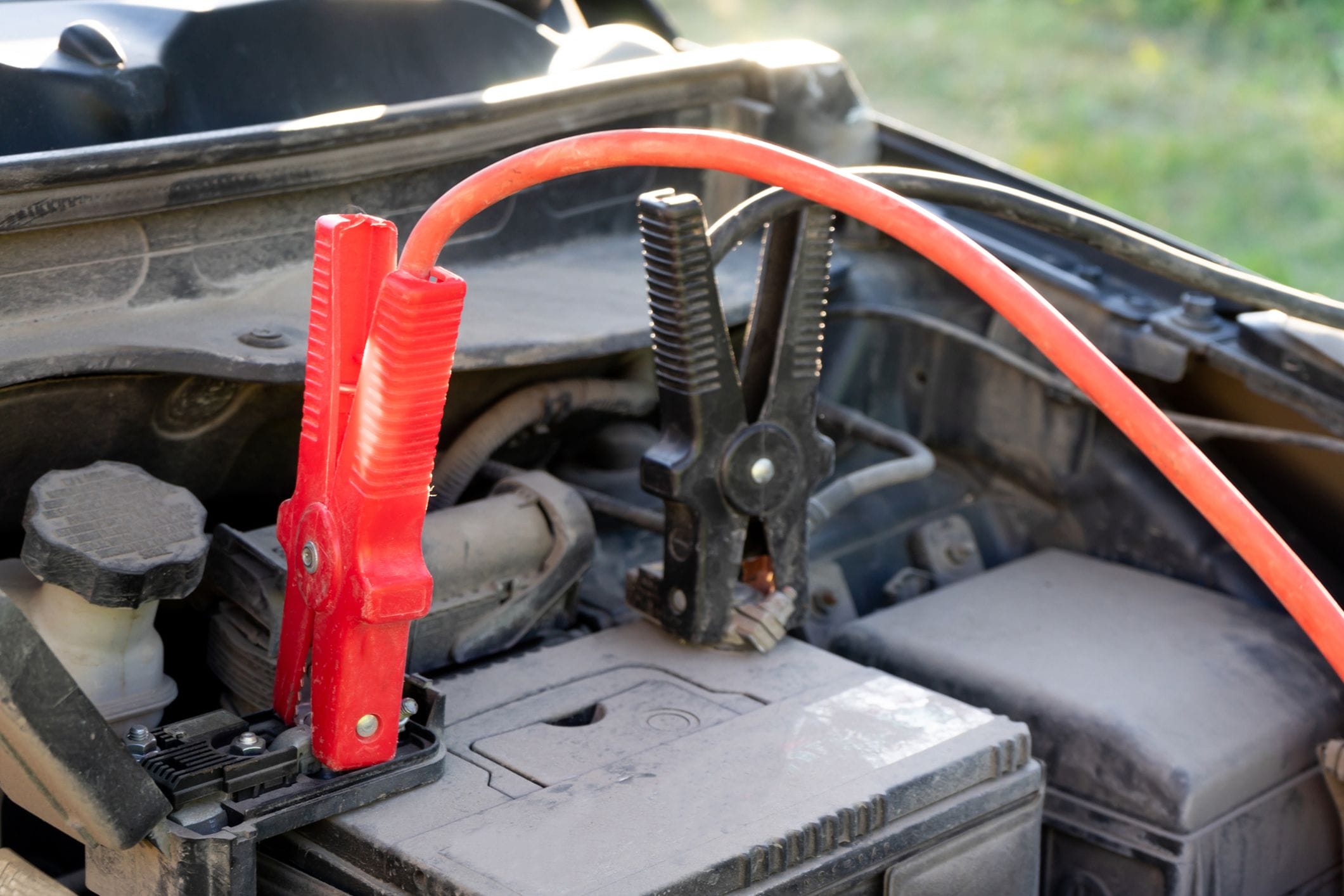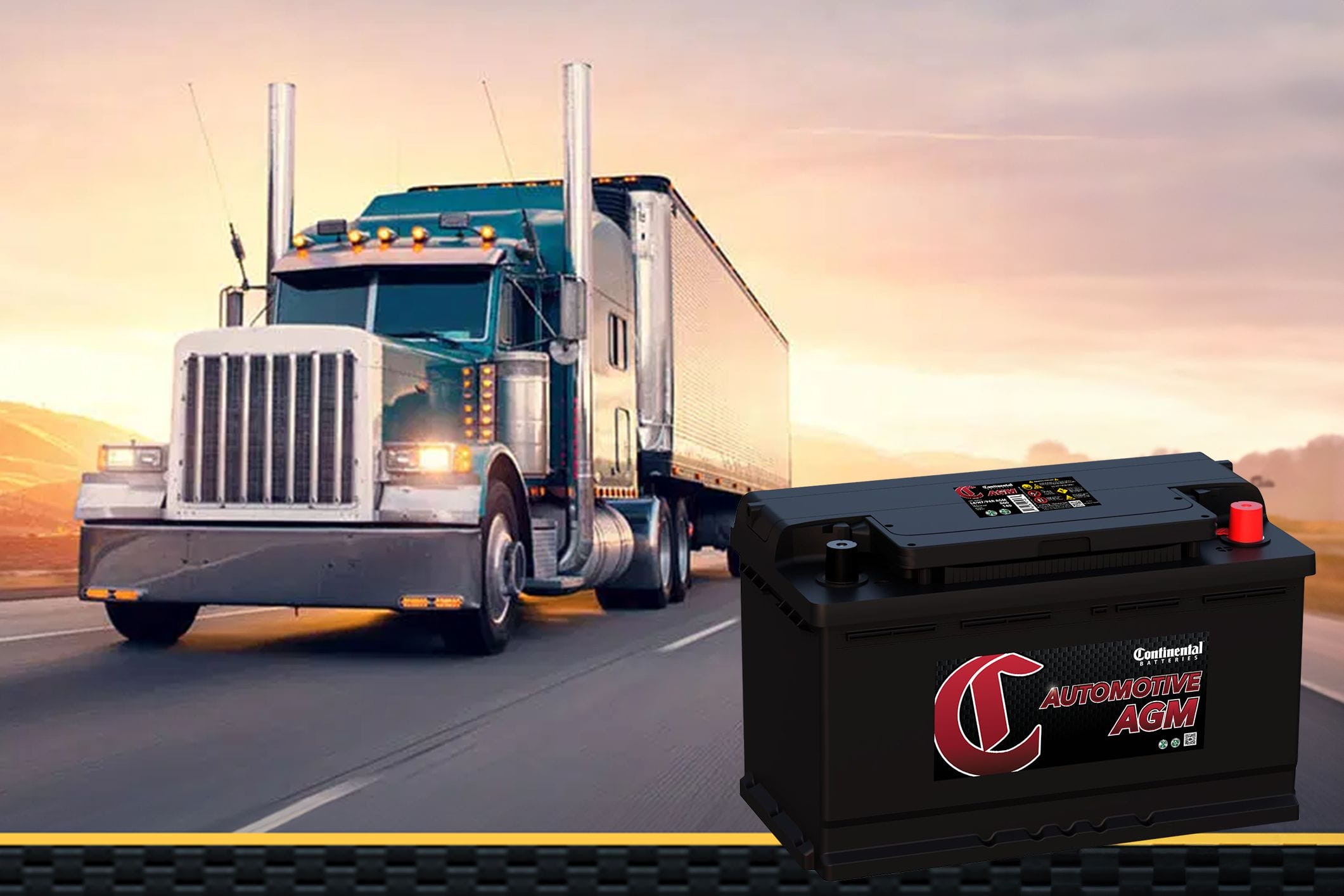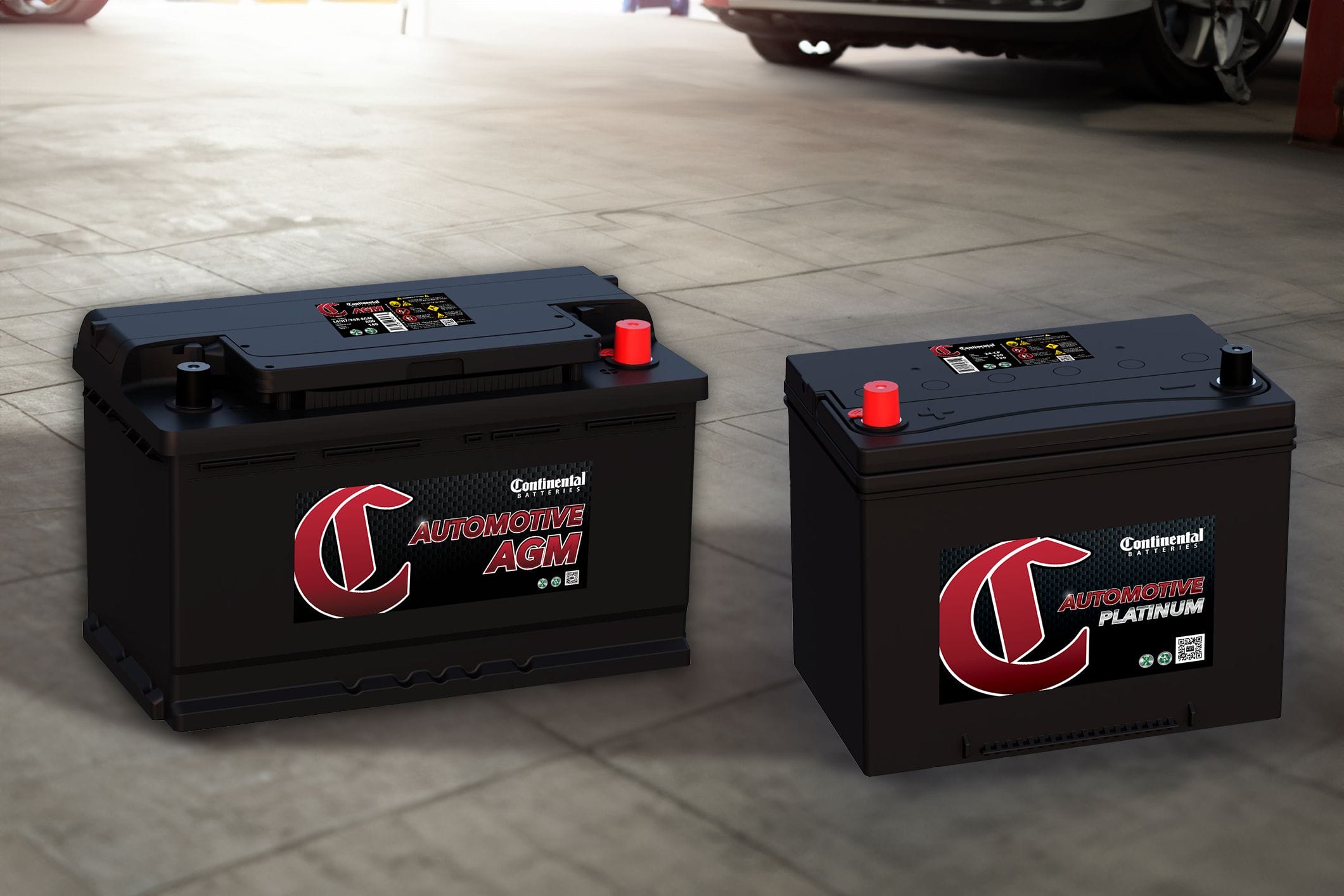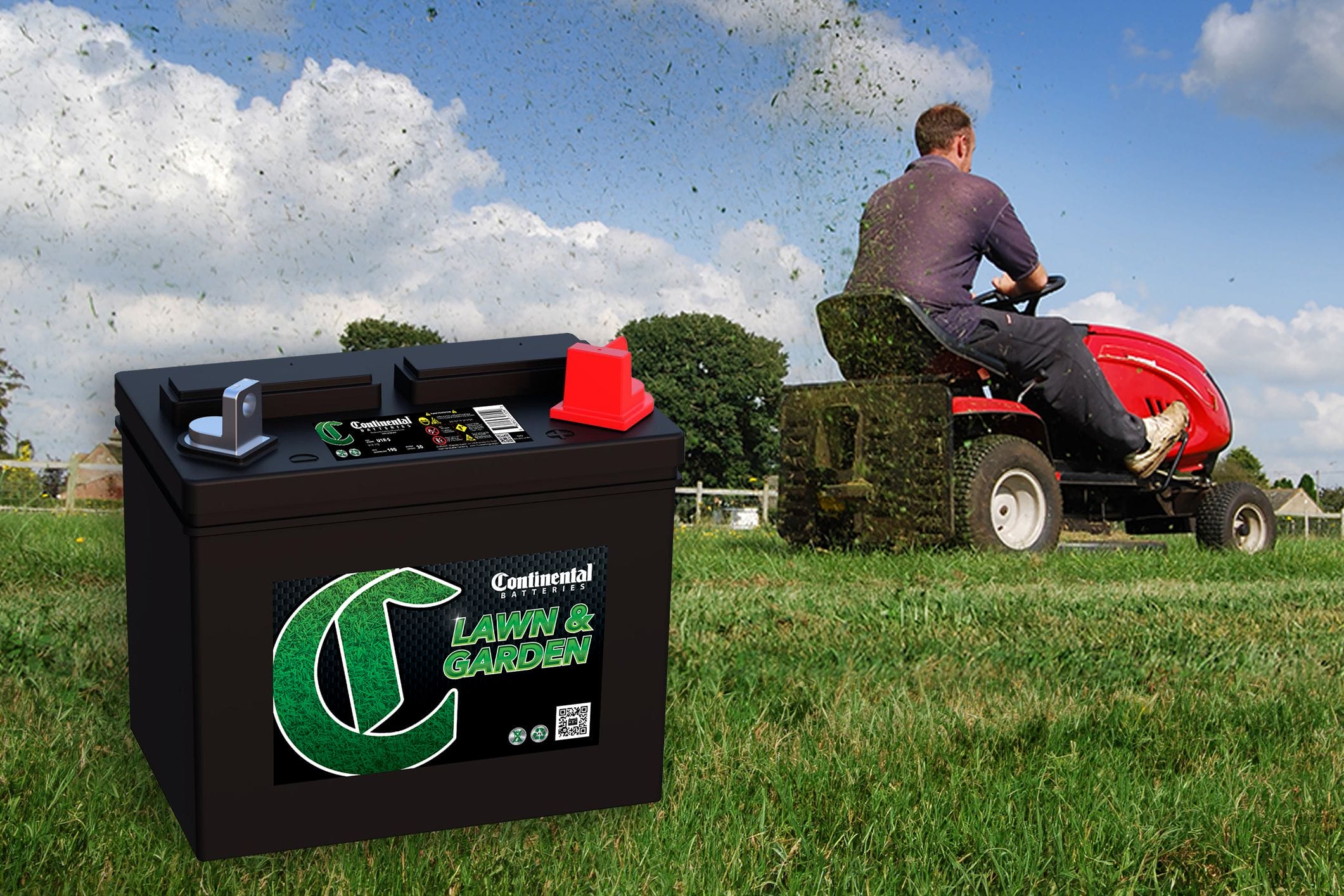
School Buses are the Most Regulated Vehicles on the Road
Continual maintenance and safety checks keep the big yellow, much-revered school bus rolling.
It was 1939 when Teachers College professor, Frank Cyr stepped up to make the school bus accessible and safe for school children. In 82 years, little has changed on the outside of the school bus, but a lot has changed on the inside.
Unlike fire engines and other emergency service vehicles, which can be ordered in several special high-awareness colors, all-purpose school bus is required by federal law to be painted “school bus yellow”, a special high-chrome color designed for universal recognition and reflectivity. These vehicles carry our most precious cargo (our children), and a premium is placed on minimizing the possibility of mechanical failure or unscheduled downtime.
Most school buses have two axles, with the bigger models having two wheels on the front axle and four wheels on the dual axle, for a total of six wheels. School buses usually have two batteries. Fast charge buses carry approximately 100 kWh of battery capacity as compared to approximately 300 kWh for an extended range battery-electric bus. The average new bus is 40 feet long and carries from 66 to 71 passengers, depending on seat configuration, often dictated by state regulations.
The majority of school bus operators perform their own maintenance. Since most school districts still have summer vacations for students from mid-June to mid-August, bus operators use this off time for annual bus maintenance and thorough mechanical inspections of electrical systems, especially batteries.
School systems that partner with Continental Battery know the value of efficient battery acquisition and 24-hour delivery, ensuring school bus operators have what they need when they need it. Continental’s comprehensive warranty is a bus operators assurance they will always have the batteries they need to meet their driving schedules.
The conference that Frank Cyr headed up in 1939 is now called the National Congress on School Transportation. It meets about every five years to vote on changes to school-bus standards. Currently things like electric buses and tracking apps are being discussed, which could add to the safety and efficiency of school buses.
Continental Battery carries an expansive range of battery types, including lithium ion batteries which are much discussed in the electric transportation arena. Continental Battery also carries batteries that support Arboc Specialty Vehicles, considered top of the line in high-end electric vehicles.
As electric transportation continue to be a topic of conversation in the educational transportation industry, the value, safety, and ecological factors will no doubt be closely evaluated. Recently the U.S. Senate approved a bill for electric, ‘low-omissions’ school buses as part of the infrastructure legislation. At some point in the not too distant future, the yellow school bus could be transformed to be greener in operational capacity, however, it will probably remain yellow.
Meantime, as school bus operators and school systems work to keep school buses ready to transport our children to and from school, traditional batteries will always be available from Continental Batteries. With more than 90 company-owned distribution centers, and 25,000 + retail outlets throughout the U.S., partnering with a trusted name like Continental Battery is smart, easy, and rewarding.






